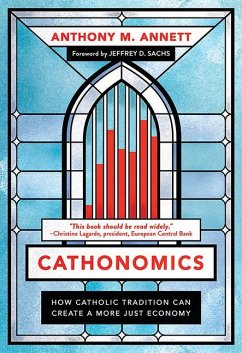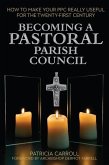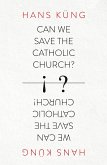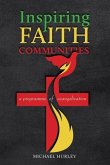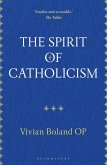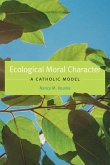"A growing chorus is demanding a new economic paradigm. This call is coming in response to a toxic cocktail of economic and social dissatisfaction-the long arm of the global financial crisis, skyrocketing inequality, the disappearance of good jobs, corporate profit-seeking disconnected from the common good, and the rapidly-advancing destruction of the environment. The cry for change is coming both in the field of economics and on the political stage. And this chorus will only grow stronger in the wake of the COVID19 pandemic. The goal of this book is to offer a rigorous and reasoned moral response to these contemporary challenges. It is an interdisciplinary book, uniting insights in economics with those from theology, philosophy, climate science, and psychology. Its primary thesis is that the field of neoclassical economics is built on a set of assumptions that are both anthropologically erroneous and dangerous. They have led to the rise of neoliberalism and its many dysfunctions. The book argues that an alternative, and far healthier, paradigm exists-that of Catholic social teaching, especially as drawn out in the social encyclicals from Pope Leo XIII to Pope Francis. The book then applies the teachings of Pope Francis to discuss leading economic challenges, such as inequality, employment, climate change, the roles of business and finance. This book is unique is that it makes a popular case for Catholic social teaching largely from the point of view of economics"--

